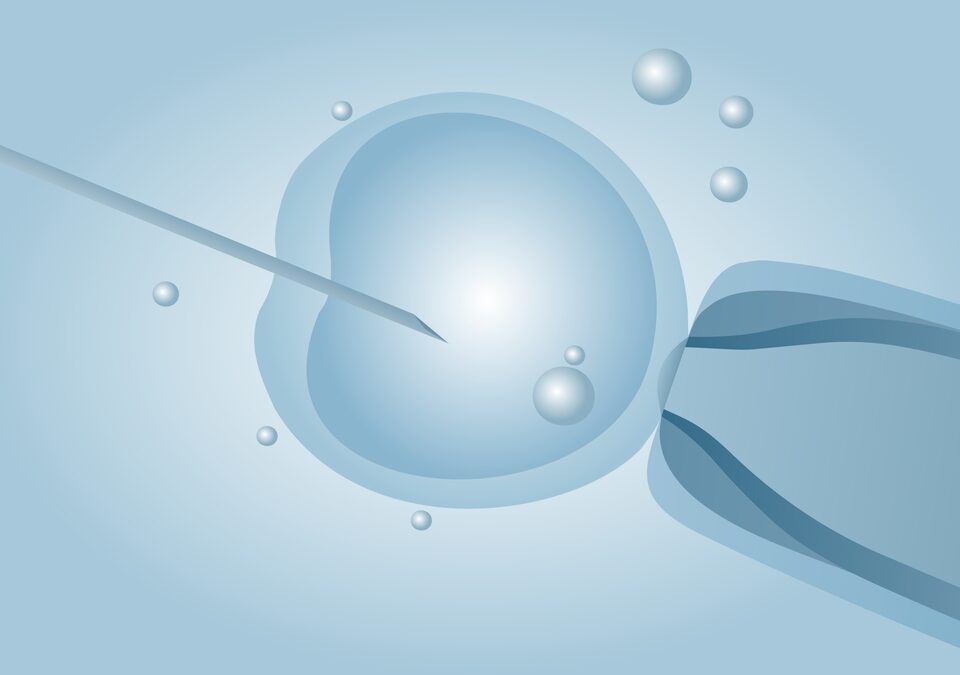Lesbian Couples Challenge Discriminatory Access to Fertility Treatment
August 19, 2016The Art of Waiting Shines Light on Infertility
September 16, 2016A recent landmark ruling at the New York State Court of Appeals has redefined those with parental rights to include “de facto” parents with no adoptive or biological ties to the child, which is particularly important for same-sex partners. This Court decision set a powerful tone and precedent by deciding that a child’s “caretaker” has a legal right to ask for visitation or custody even though there may be no biological link to that child.
This outcome will transform the custody battle landscape and has expanded the definition of parenthood, which was desperately needed for former same-sex couples vying for parental rights.
The court’s ruling concerned the case of Brooke S.B and Elizabeth A.C.C. The ladies were engaged in 2007, and one year later, Elizabeth conceived a child via artificial insemination. Following their breakup in 2010, court documents indicated that Elizabeth no longer wanted her former partner to have any contact with their son, although Brooke had raised the child as her own up until that point.
And that’s when the legal battle began.
Brooke launched a custody lawsuit but the lower courts denied her parental rights. Even though Brooke co-parented the boy, cut his umbilical cord, and gave him her last name, the courts still deprived her of custody and visitation rights. The ruling relied on the “Matter of Alison D. v. Virginia M.” case, indicating that there was no clear definition of a non-biological parent or caretaker.
Alan Feuer of the New York Times reported on the recent legal happenings.
“In its ruling on Tuesday, the appeals court overturned that earlier case, writing that ‘the definition of parent established by this court 25 years ago in Alison D. has become unworkable when applied to increasingly varied familial relationships.’” Feuer continued, “It further held that ‘where a partner shows by clear and convincing evidence that the parties agreed to conceive a child and to raise the child together, the nonbiological, nonadoptive partner has standing to seek visitation and custody.’”
The court went on to say that the “Matter of Alison D. v. Virginia M.” focused on heterosexual parenting, which is out of touch with today’s modern families, considering the legalization of same-sex marriage in New York, as well as the rest of the nation.
The appellate court’s fresh stance was desperately needed. Referring to a case dating back 25 years, prior to the legalization of same-sex marriage, places the LGBT community at a disadvantage in custody battles. This new ruling broadens the meaning of parenthood, helping put an end to doomsday court scenarios for non-biological parents.
Feuer indicated that Brooke’s attorney, Susan L. Sommer, stated that the State of New York was now brought, “into line with the mainstream in the United States in recognizing that children frequently have a second parent not related to them by blood, adoption or marriage.” She continued, “The state’s highest court is recognizing the diversity of New York families and reversing a bitter precedent that has kept children from their parents.”
Eric Wrubel, a practicing attorney, was present at the court hearing. He spoke of the child’s welfare in this special case. Following the ruling, he said that the appellate court, “…clearly see that the bright lines of biology and adoption just don’t fit today with marriage equality. They understand that couples and families these days are not just mom and dad, and husband and wife.”
Quite frankly, it’s time to challenge contradictory laws so equality can win.



